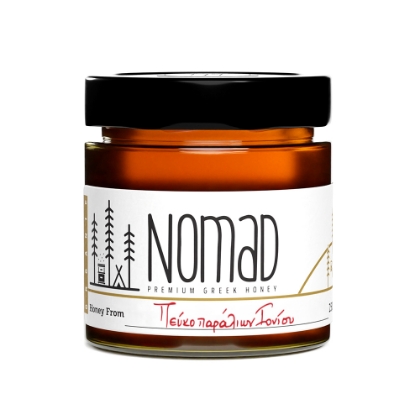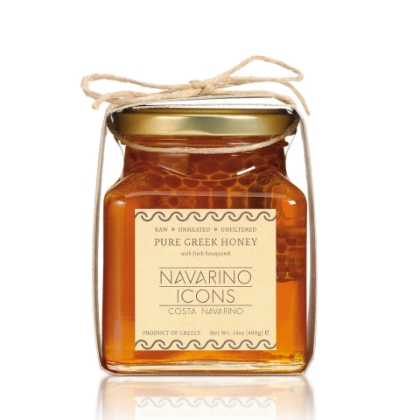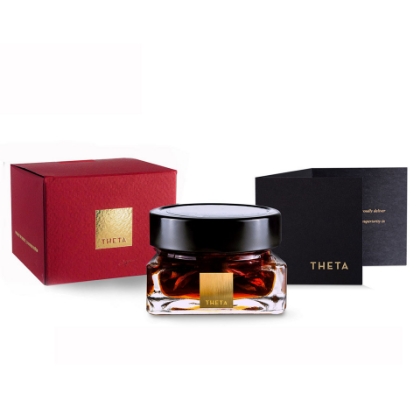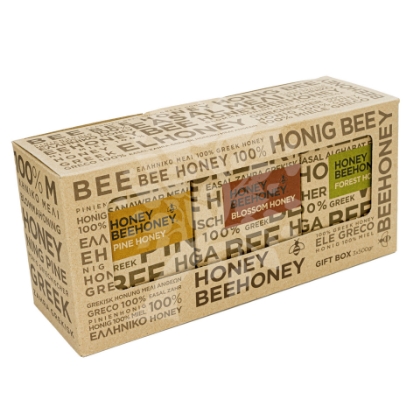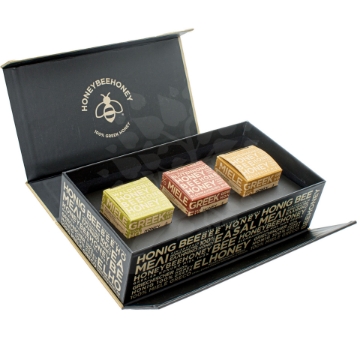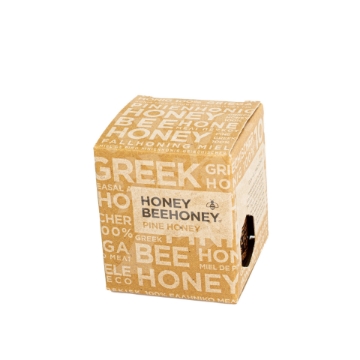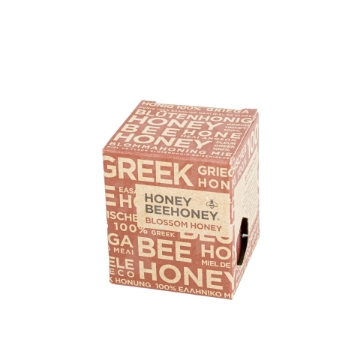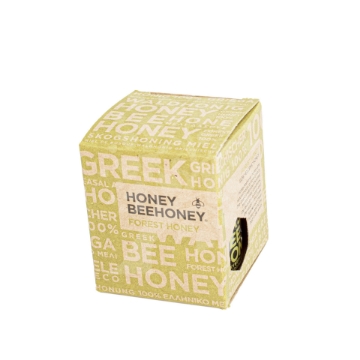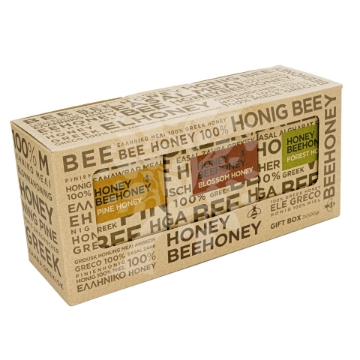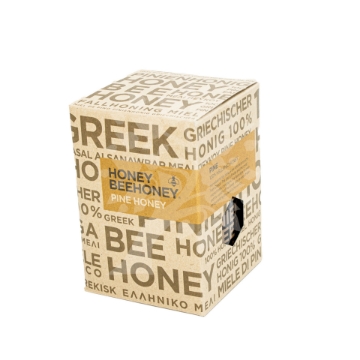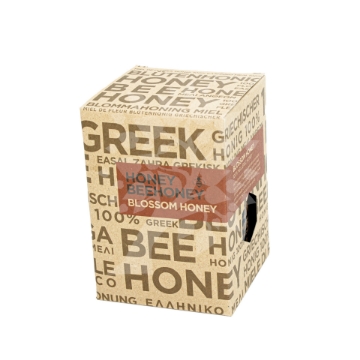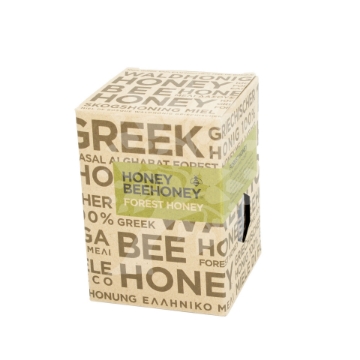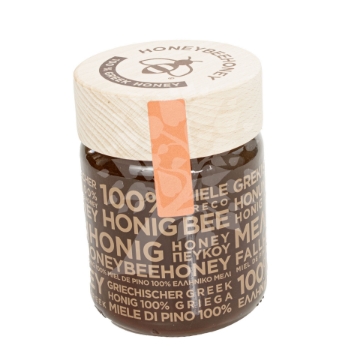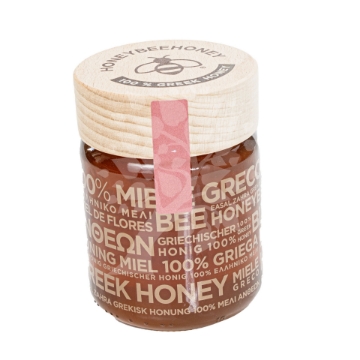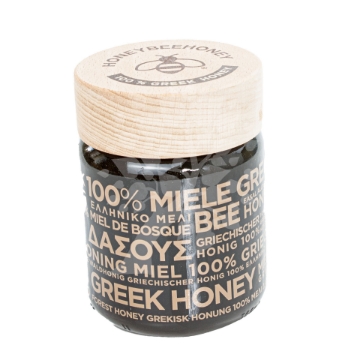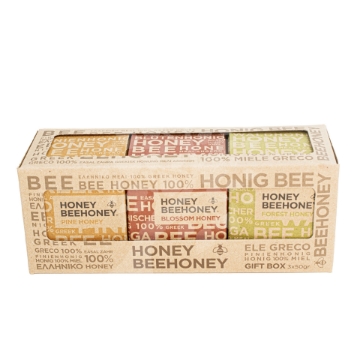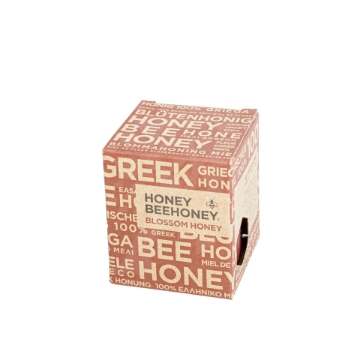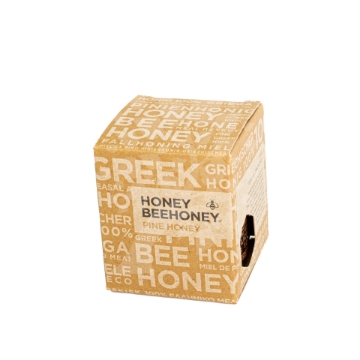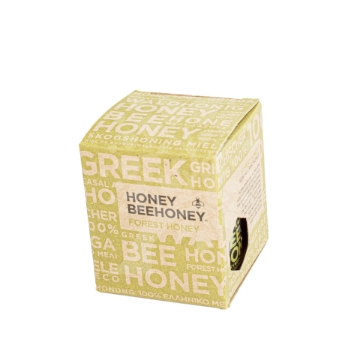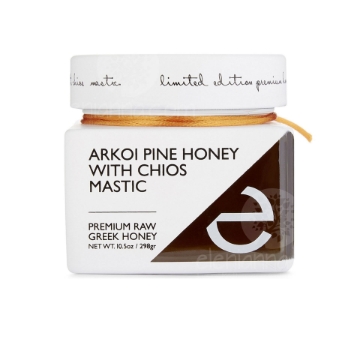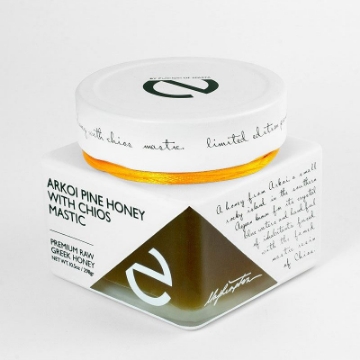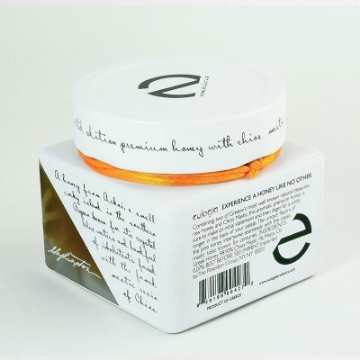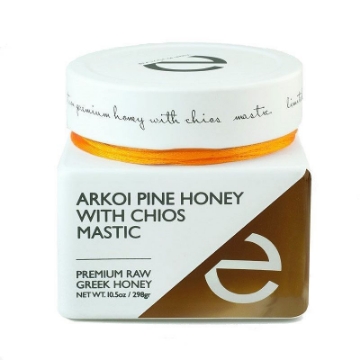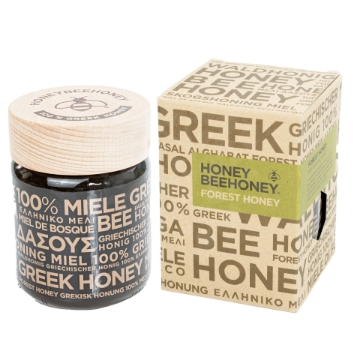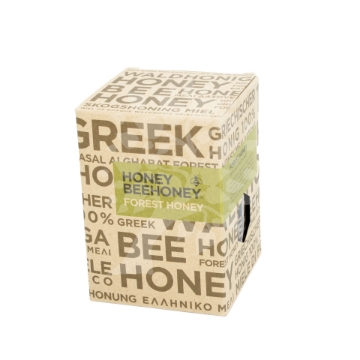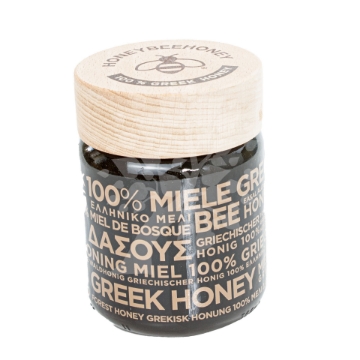Honey
Explore our premium selection of authentic Greek honey, sustainably harvested from pristine Greek islands and mountains. Rich in antioxidants and boasting unique floral aromas, our raw, organic Greek honey varieties—including thyme, pine, and wildflower honey offer delicious health benefits. Experience pure, natural sweetness trusted by experts and cherished by honey enthusiasts worldwide. Shop now and savor the renowned taste and quality of genuine Greek honey delivered straight to your doorstep!
Greek Honey Gift Box – Raw Luxury Assortment: Pine, Forest, Blossom, 3 x 50g
EL1791
Indulge in the finest Greek honey gift box featuring six raw, unfiltered varieties: Pine, Forest, and Blossom. Perfect luxury gift for health enthusiasts.
€17.30 excl tax
excluding shipping
Greek Honey Gift Set - Pine, Forest, Blossom | Premium Quality, Luxury Gift 3 x 500g
EL1788
Indulge in the finest Greek honey trio - Pine, Forest, Blossom. Perfect luxury gift for gourmet lovers. 100% natural, handpicked, and sustainably sourced.
€44.99 excl tax
excluding shipping
Greek Honey Gift Set – Raw Assortment: Pine, Forest, Blosom, 3 x 50g
EL1790
Indulge in the finest Greek honey trio - Pine, Forest, Blossom. Perfect luxury gift for gourmet lovers. 100% natural, handpicked, and sustainably sourced.
€7.60 excl tax
excluding shipping
Limited Edition Greek Pine Honey with Chios Mastic from Arkoi – Premium Quality 298g Eulogia of Sparta
EL375
Discover the rich, premium taste of limited-edition Greek Pine Honey infused with Chios Mastic from Arkoi. 100% natural, unique, and crafted for true connoisseurs.
Premium Greek Forest Honey - Raw, Organic, Natural, 100% Pure 500g
EL1793
Indulge in our Premium Greek Forest Honey, raw and organic, 100% pure. Perfect for gourmet dishes or as a luxurious gift. Natural sweetness in every 500g jar.

